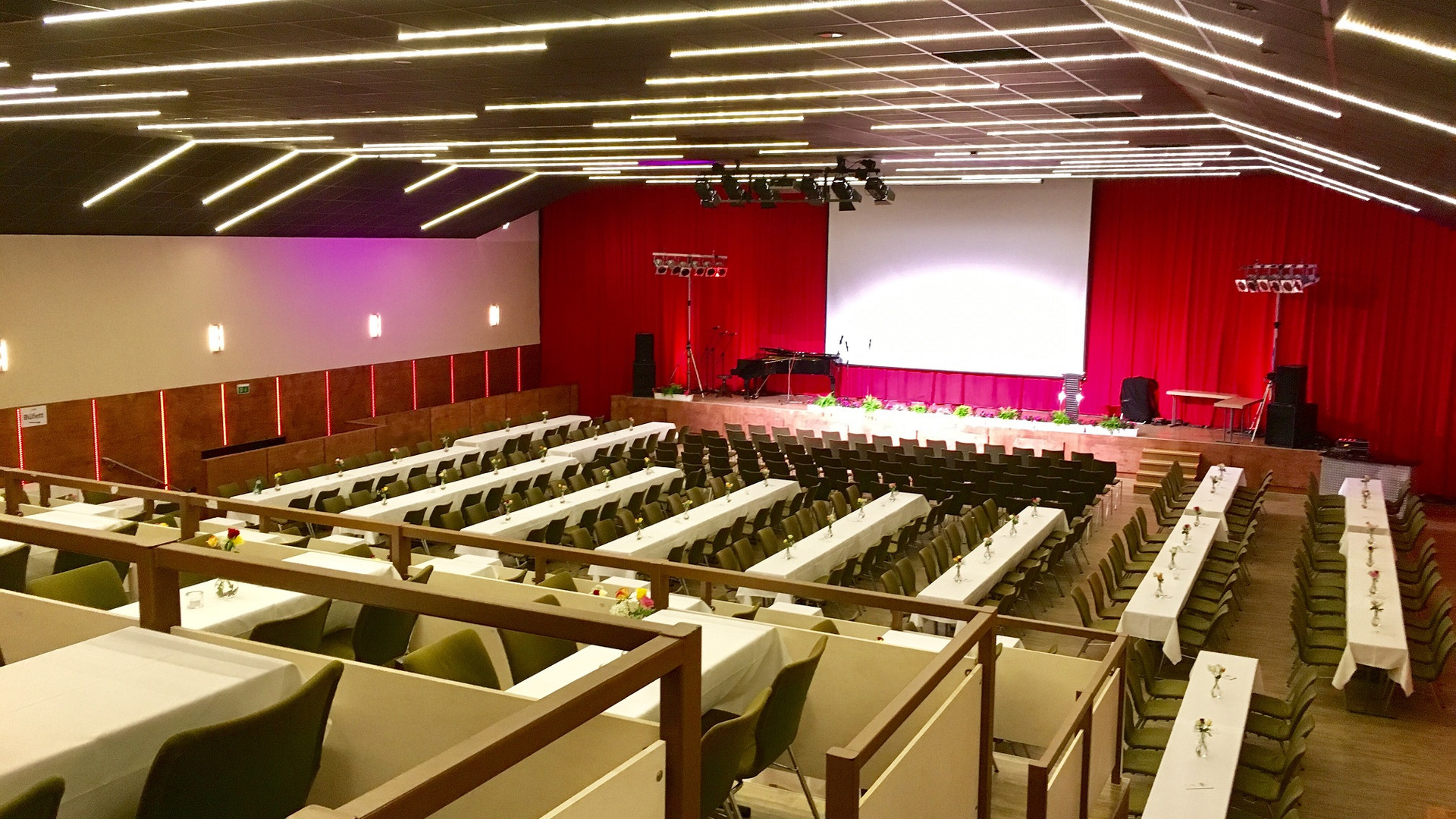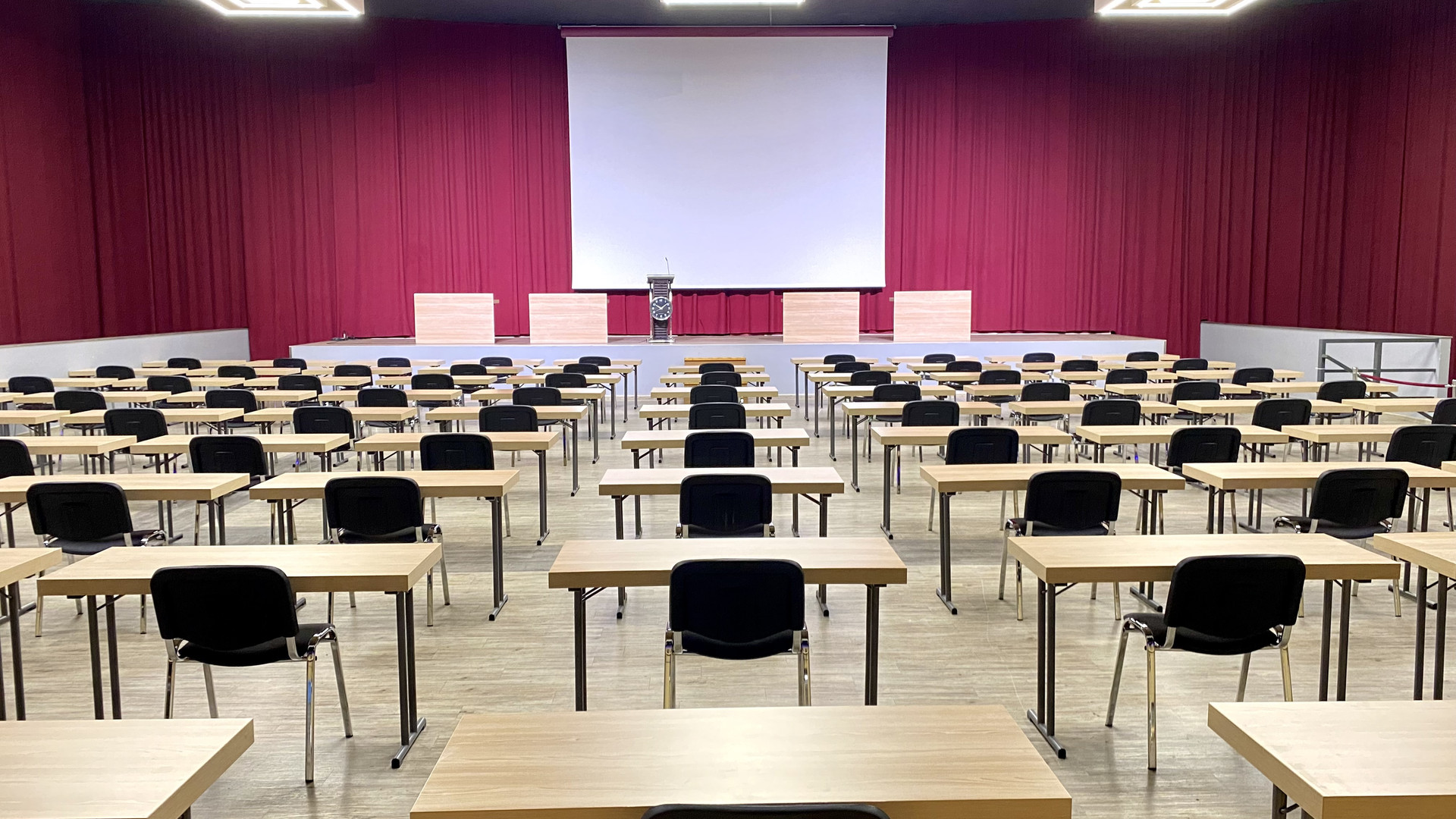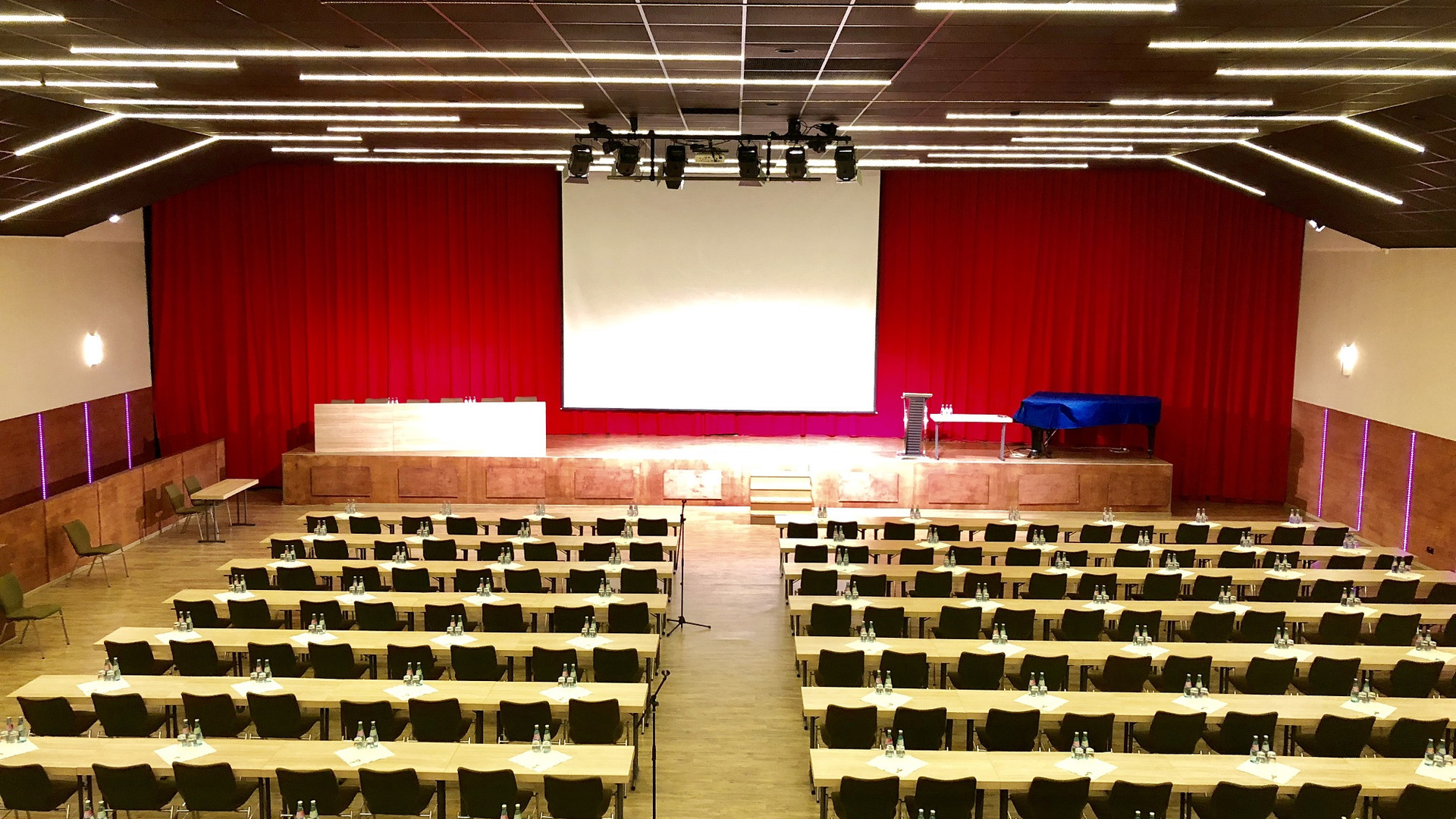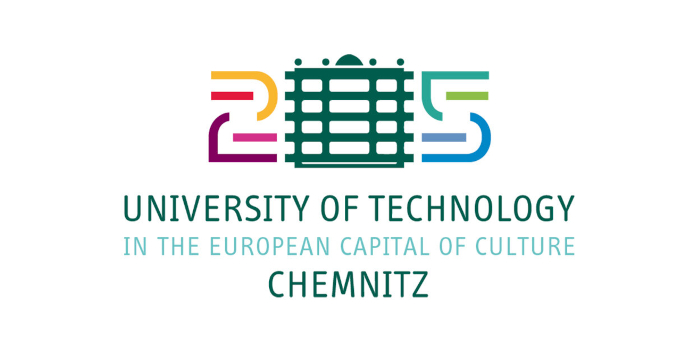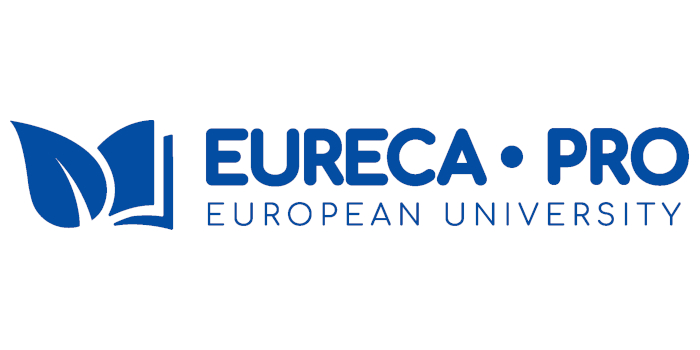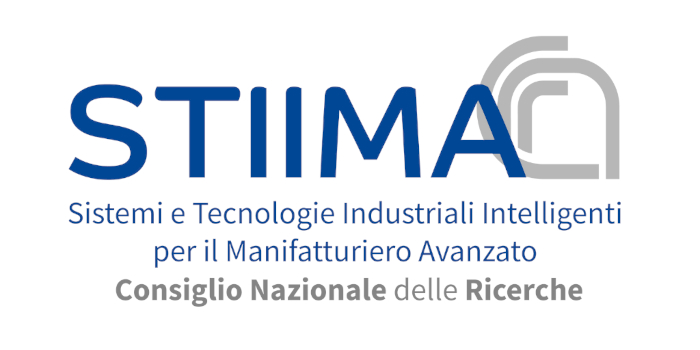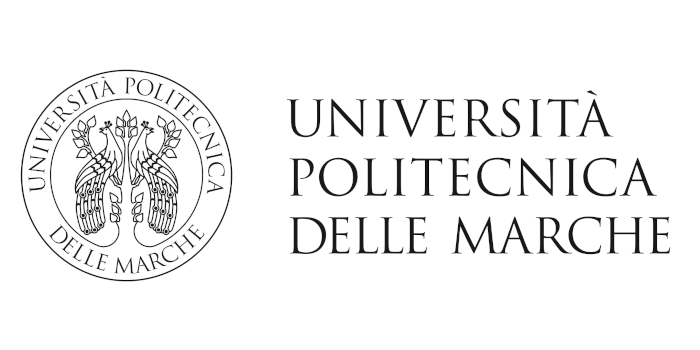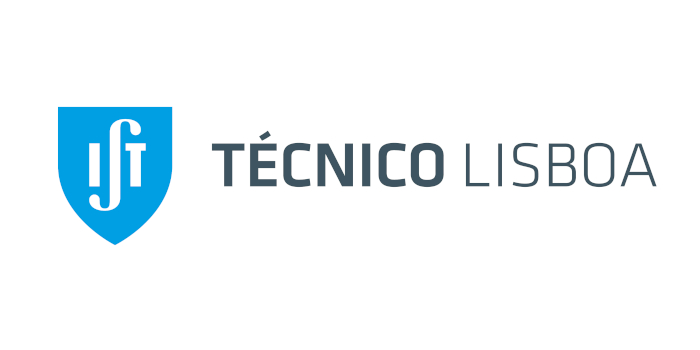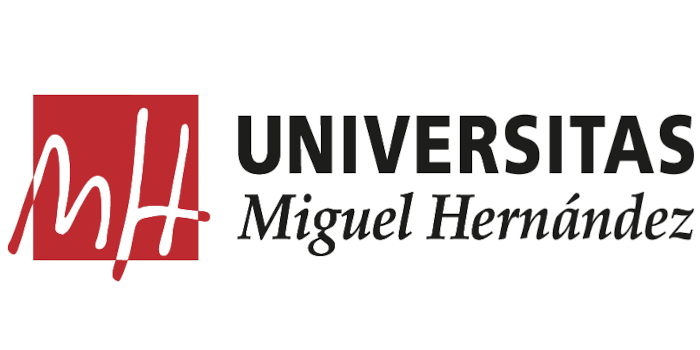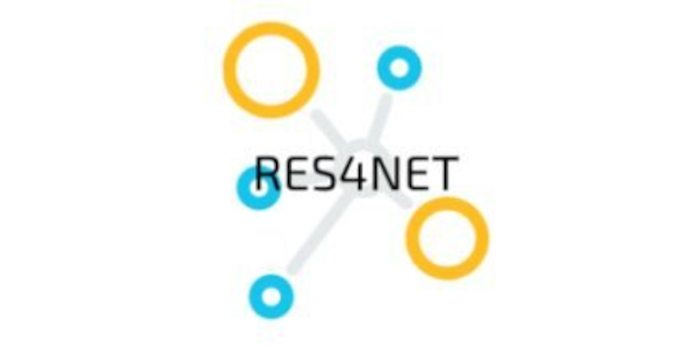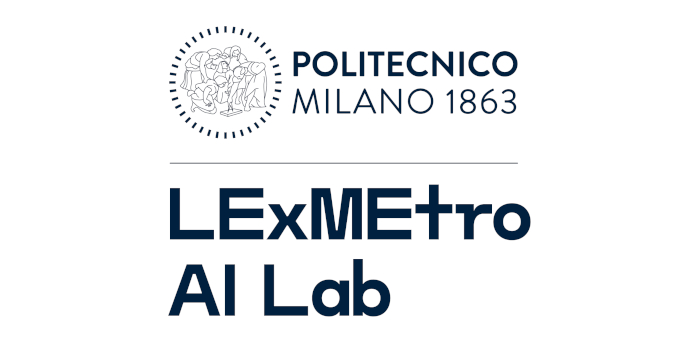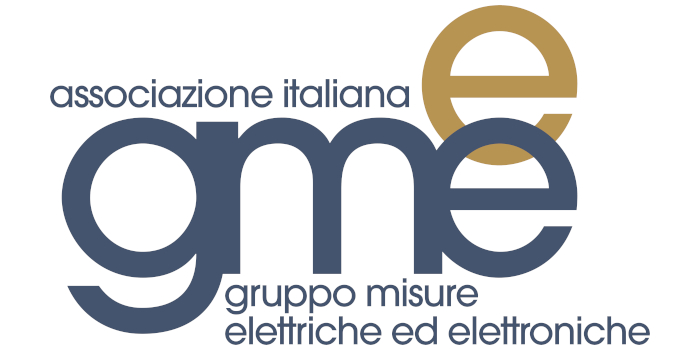IEEE MetroXRAINE 2026 will be held at the Luxor congress & event centre.
LUXOR Chemnitz is a well-known congress and event centre located in the heart of Chemnitz, Germany. It hosts a wide range of events for all ages and interests, including conferences, trade fairs, seminars, concerts, parties, and community gatherings. The venue features multiple modern, fully air-conditioned halls and foyers with flexible seating and technical facilities, catering options, and Wi-Fi throughout.


